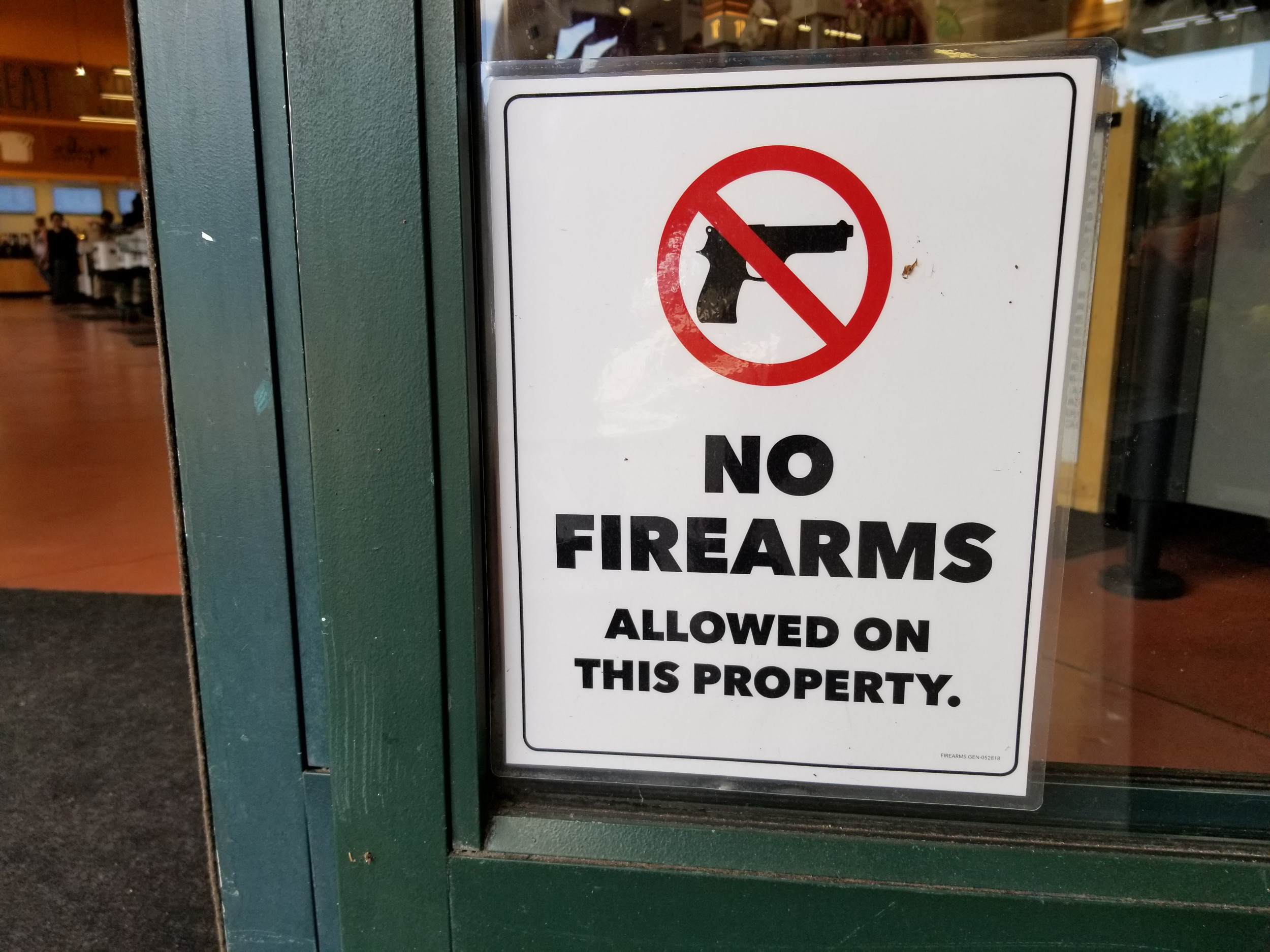States that weakened concealed carry laws experienced spikes in violent crimes, according to recent studies.
Concealed carry laws, which require people who want to carry and conceal a handgun outside of their home, have long been a target of gun rights advocates who argue the laws impede on Second Amendment rights. They were handed a win in June by the U.S. Supreme Court, which struck down a New York State law requiring individuals wanting a concealed carry permit to prove a need to defend themselves.
The ruling will have far-reaching consequences across the United States, narrowing state authorities’ abilities to deny applicants a concealed carried permit. Several recent studies have found that several states saw a surge in violent crime after passing laws allowing anybody to carry and conceal a handgun in public.
A study published on September 20 conducted by Johns Hopkins Bloomberg School of Public Health found that “right-to-carry” laws in 34 states were associated with a 24 percent increase in the rate of assaults with firearms. That increase was mitigated in states with live-firearm safety training requirements.
Smith Collection/Gado/Getty Images
Daniel Webster, co-director of the Center for Gun Violence Solutions at the Bloomberg School, said in a press release discussing the findings: “Our findings suggest that the more you can make this more objective for states issuing conceal-carry licenses, the better the outcomes in terms of screening potentially dangerous people out.”
The study is in line with other recently conducted on the topic of concealed carry laws.
A 2022 study from the National Bureau of Economic Research, for instance, studied the impact of “right-to-carry” laws in 47 cities across the United States. It found that these laws led to a 29 percent increase in firearm violent crime—along with a 32 percent increase in robberies involving guns.
The study’s authors also warned that eliminating concealed carry laws could impede police officers’ ability to fight crime.
“The end of federal assault weapons ban and the attendant federal ban on high-capacity magazine ban or eliminating gunfree zones might well be associated with declines in police effectiveness,” the study reads.
The study continues: “Certainly, the experience in the Parkland High School mass shooting in 2018 and the Uvalde amass shooting of 2022 were examples of police reluctance to confront a teenage killer armed with an AR-15.”
Ahead of the November midterm elections, gun laws will be on the minds of millions of Americans—especially after the shooting at Uvalde’s Robb Elementary School in May, which left 22 people dead—saw renewed calls for new gun safety legislation.
Although inflation remains the top issue for most Americans, more than 50 percent of Americans consider gun control to be an “extremely or very important” issue for them, according to a Monmouth University poll conducted from September 21 to 25. The poll surveyed 806 adults and has a margin of error of 3.5 percentage points.
Newsweek has reached out to the National Rifle Association and Everytown.
















Discussion about this post